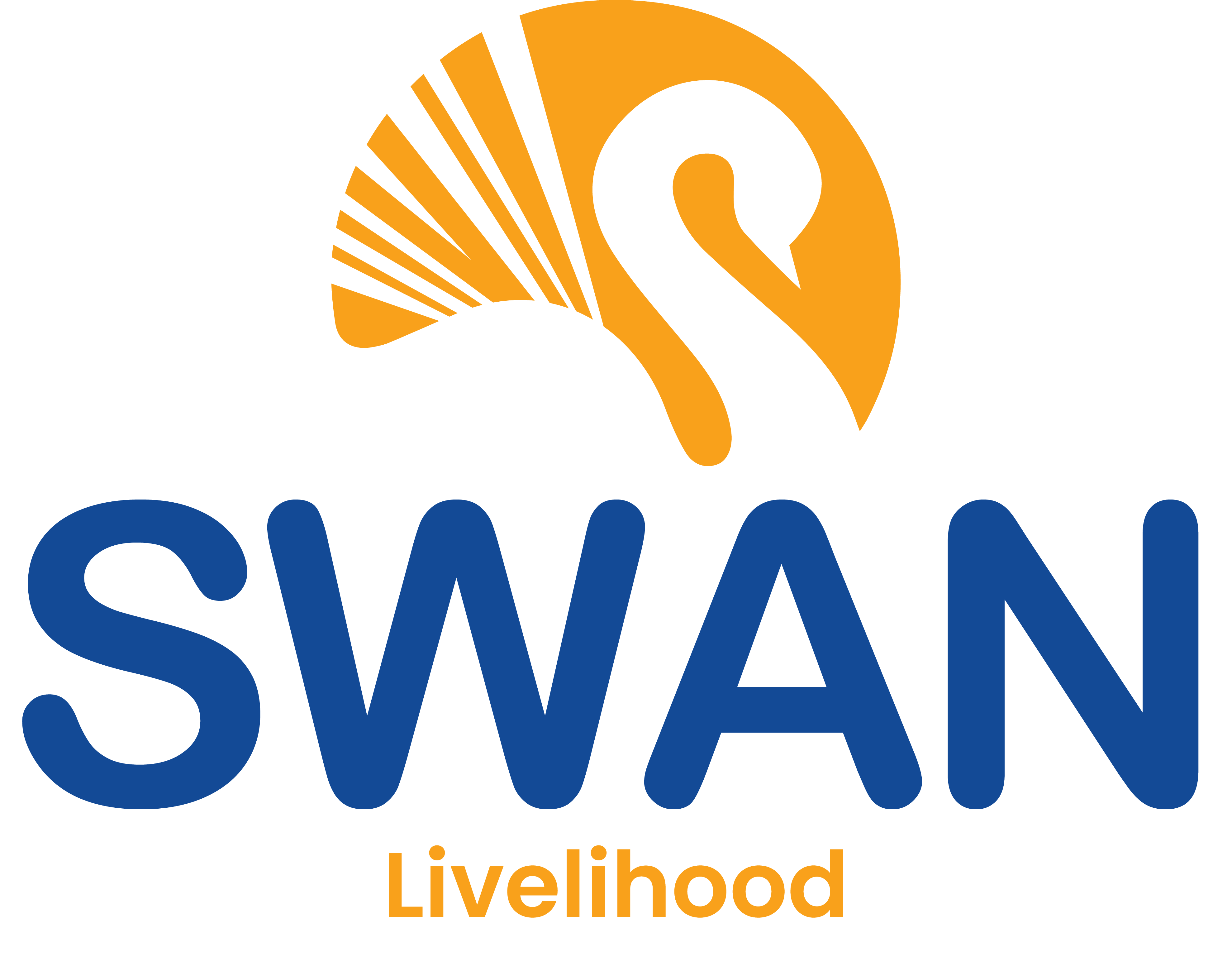The parent child relationship is a delicate and wonderful issue that has been discussed since time immemorial. Mothers are generally seen in a more nurturing role whereas fathers dream to see their sons do better than them. Parental participation also plays a major role in a children education and upbringing.
Unfortunately, for many girls and boys in India, higher education and family support do not always go hand in hand. Parents from low-income groups find that sending the child to work is a better option than pursuing higher education partly due to their limited resources for supporting the child for another three to five years or very low assurance that pursuing such degrees would lead to employment.
The UN projections for the next decade foresee that, “At least 475 million new jobs need to be created to absorb the currently unemployed 73 million youth and the 40 million new annual entrants to the labour market.”The picture becomes more complex when these projections are seen under the light of the surveys conducted by the Organization for Economic Cooperation and Development (OECD), which states that the employers consider that many graduates are ill-prepared for the world of work. This feeling is shared by the youth as well, who consider themselves to be under-prepared for the job market.
Mahatma Gandhi was one of the earliest proponents of technical education in free India, who also advocated linking curriculum with industrial needs. Of course, the needs may be different today, but the essence of making education work-integrated is still relevant. In Gandhiji’s words, “Taken as a whole, a vocation or vocations are the best mediums for the all-round development of a boy or a girl. Therefore, the syllabus should be woven around vocational training and the primary education thus conceived as a whole, is bound to be self-supporting (Wardha scheme of education)”. Prime Minister Shri Narendra Modi has also emphasised upon the need to impart skills and ability to the youthful manpower in order to tackle global challenges. He has cautioned that unless we accomplish this task, the huge manpower availability would in itself become a challenge in the years to come.
In the above context, if India has to come up as the Human Resource Capital of the world, it needs to appropriately skill its youth bulge and convert this advantage to a dividend. It can only be achieved through skill development of the youth with a simple definition of the skill being the ability to do something well. India’s transformation to a diversified and internationally-competitive economy calls for a quick reorganization of the skill development ecosystem. It requires redefining the relationship between education, employment, and skill development that may prove to be a major milestone in India’s growth story. Skill development may act as a catalyst for ushering social equality, a step towards providing opportunities to all and a move towards eradication of poverty. It may lead to a better quality of life for a large chunk of the population and the well being of the industry.
My new venture SWAN (Skilled Workforce Advancing Nation) endeavors to kindle a hope among the youth (age group 18-30 years) from the resource poor sections of the society by providing them with quality training to improve their skills and personality. It’s main aim is towards imparting specially designed training programmes and counseling sessions for grooming the youthful workforce for better employment opportunities. The classroom learning module at SWAN is driven through student inquiry, interactive dialogues, industry exposure and cognitive empathy. These training sessions are created to enhance the overall awareness of the youth towards teamwork along with personal grooming and improvement in the skill-sets. Keeping in view the overall well being of the target groups in life, SWAN would be providing a continuous mentor-mentee support to the youth gaining employment in addition to the post- placement assistance to connect them to forthcoming opportunities. It is endeavoured that such an effort by SWAN would enable the participants to realise their full potential in becoming better leaders. The net outcome of the SWAN venture is envisaged in stable workforce that would set model of teamwork with minimal attrition, a congenial employee-employer relationship leading towards the advancement of the Nation.
On the personal count, an eclectic but interdisciplinary academic background and the experience gained through working in social and corporate sectors has helped me in developing an analytical and problem solving approach. Proficiency in the project management, operational work, imparting training in various skill sets as well as managing and monitoring the operations of various skill development centers has been a guiding force towards the seeding of the venture SWAN. Deep understanding of the pain points of the youth belonging to the economically weaker sections of the society as well as their employers led me to embark upon this startup.

